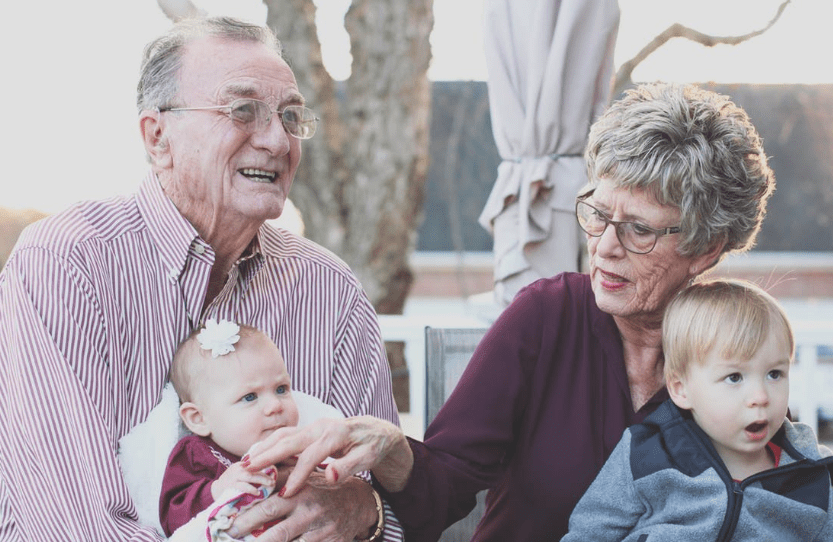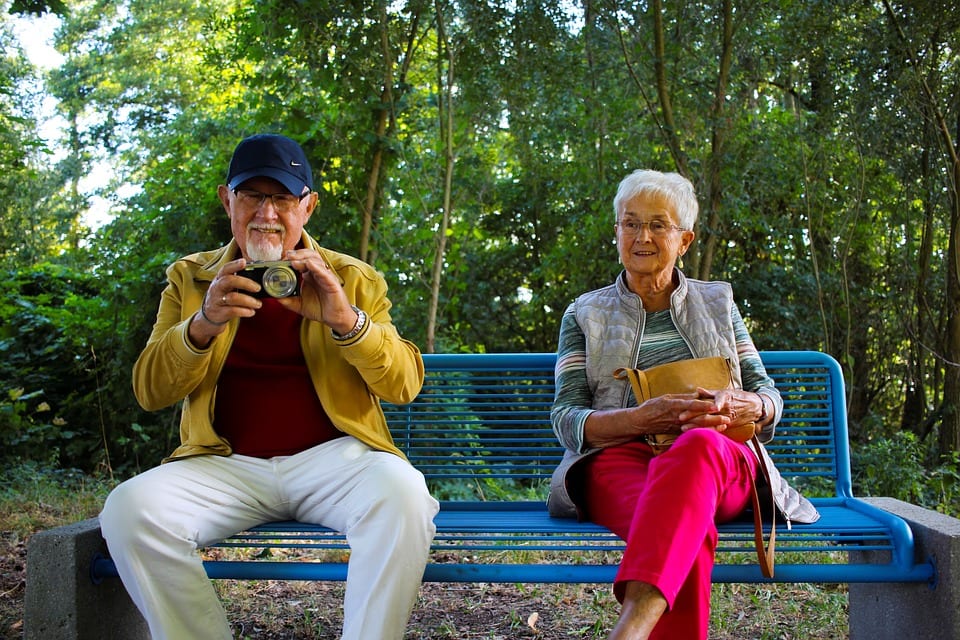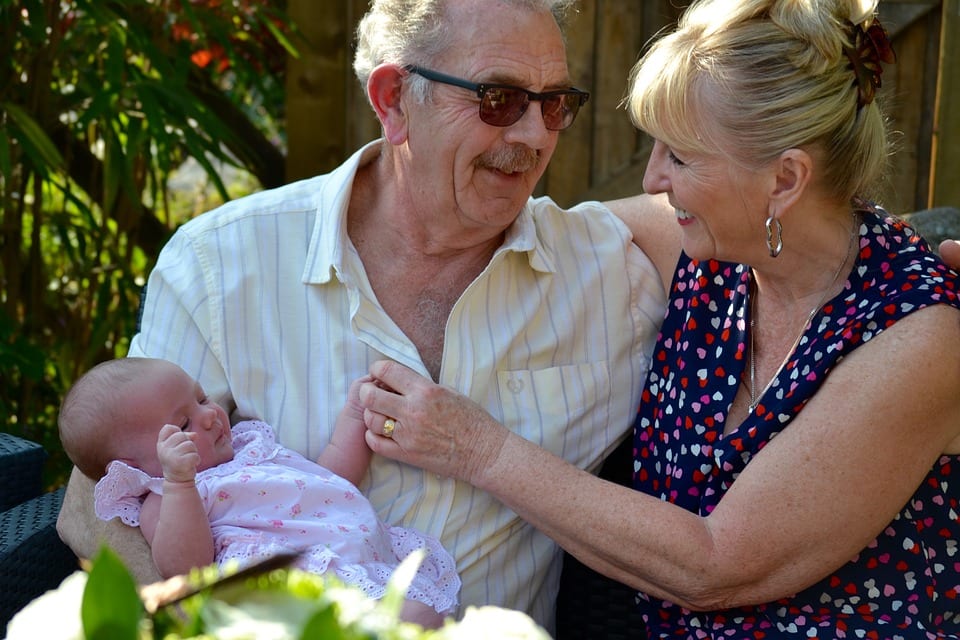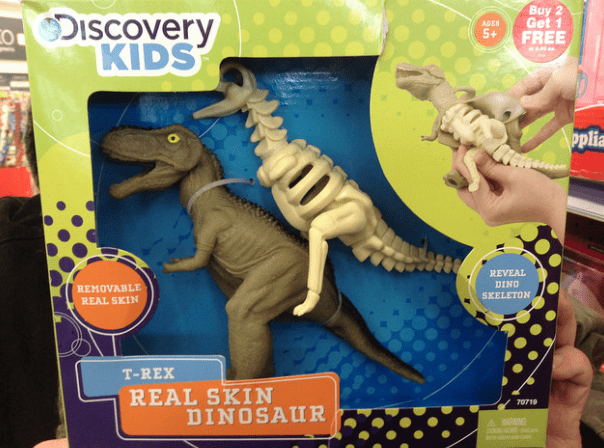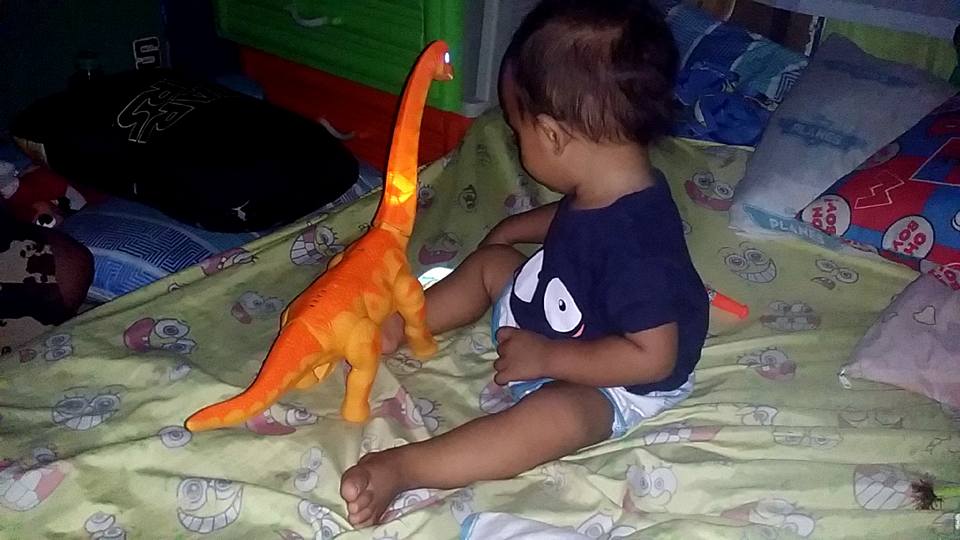We’ve all heard the advice to “not Web MD” our symptoms, as in, to not do a deep-dive of our own symptoms on the internet before seeing a doctor.
We could easily become misinformed or even scare ourselves with a disease we don’t have.
Fortunately for doctors, some of the situations they find themselves in are pretty funny.
Redditor squishy0930 asked:
“Doctors of Reddit, what was the dumbest ‘I read on the internet…’ moment you had with a patient?”
Some doctors took issue with homeopathy.
“I once had a lady come in who clearly didn’t believe in modern medicine, but had to see us for an official diagnosis for her disability application.”
“I remember she probably had fibromyalgia, admittedly a very difficult condition to manage. She presented me with a report written by a complete quack (and I use this term very rarely but it applies here).”
“This ‘practitioner’ had taken a strand of hair and run a ‘DNA’ test on it for some significant amount of money. The whole report went through all her symptoms and decided that because the patient had lived in a moldy house 10 years ago, all her symptoms were caused by residual mold in her body.”
“Specifically named her kidneys, heart, nervous system, and brain as having mold in. Then recommended a homeopathic remedy to fix it. The patient had swallowed this story hook, line, and sinker, and nothing I could say would dissuade her.”
“It’s the only time I have tried to track down a therapist of any kind to try to report them. Funnily enough, they chose not to respond to my e-mails or telephone messages.” – clickygirl
“Not a doctor. As a transplant recipient, I have to take immunosuppressant medication for the rest of my life. There are studies that some people do come off them completely, but it’s such a huge risk to take that it may trigger organ rejection.”
“A family member of mine still can’t grasp how a life-saving surgery provided by western medicine which initially saved my life, is still keeping me back from living my life. He suggested that I get off my immune suppressants because I am a cash cow for big pharma.” – mango_invasion
“You’d be amazed at how many people tell me (type 1 diabetic) that I could get out from big pharma and my dependency on insulin if I just eat right…”
“I’m skinny and otherwise healthy. Type 1 is autoimmune disorder that must always take insulin due to the pancreas no longer creating any on its own…”
“These conversations are often met with a blank stare by me.” – BearXW
A few had experiences with Gout symptoms.
“Conversation I had with a doctor a few days ago:”
“Me: ‘So I was told that if I can identify what food I am eating that is giving me gout I can avoid it and won’t have as many flare-ups, is that right?’”
“Doctor: Literally laughs out loud ‘Aaaaaaaaaaa no. Evidence for dietary-based management of gout is very sketchy at best. Take the pills. Where did you even hear that?’”
“Me: ‘Your nurse said it to me…?’” – reverendmalerick
“I suffer from gout. I was diagnosed with it last summer and had to go through various combinations of pills to work out strength and dose I needed to manage it.”
“Anyway, my Mum tried telling me it was because I drank too much beer. I ate too much red meat. All stuff she’d googled.”
“Doctor told me that they don’t fully know the cause and that he knows professional athletes that have struggled with it. I’m not saying I’m a professional athlete. But it made me better knowing it can be literally anybody.”
“On the downside. The bouts I have had have been some of the worst most consistent pain I have ever endured. I literally wanted to chop my foot off to stop it. I wouldn’t wish it on anyone. Gout is horrific.” – highlander2189
There were stories about using medical products… wrong.
“Had a pt prescribed NuvaRing for birth control to be inserted vaginally. Ring lays around the cervix. She came in complaining it was too tight and needed a bigger one. Shows wrist, pulling on a tight ring to show how was cutting off blood supply to hand. “ – wereallmadh3r3
“Not a doc (nurse) but my doctor friend who works in the ER had a patient with a few garlic cloves stuck deep in her vagina because she had read on the internet it helps with certain infections and yeast.”
“(I realize garlic does have antibacterial properties but needs to be used appropriately and with caution.)” – Professional-Quote59
“As a general surgery resident on the colorectal surgery service, we do a lot of hemorrhoids, anal fissures, etc.”
“One of my colleagues prescribed a cream for a middle-aged woman and she later called back and asked if the cream would still work while she was on vacation in Hawaii.”
“Uh, yes it will, why? She replied, ‘Because I was told to apply it locally.’” – TypeADissection
Some instances were actually horrific.
“I’m an RN. A patient with diabetic foot ulcers read on the internet that salt would dry them up.”
“He put his foot in two plastic shopping bags w/rock salt & turned his foot into prosciutto basically.”
“Had to ‘carve/amputate’ most of his foot. He has forever been nicknamed ‘hammy’ by me.” – scottylynn77
“Had a patient come in with horrid cellulitis because they thought they read that putting dirt in a cut would help stimulate their immune system. It did for all the wrong reasons.” – captainspalding232
There were also some interesting stories about alcohol.
“I’m not a doctor, but I did take my very elderly Nana to the hospital after I showed up to her house and found her slurring her words and behaving very strange overall.”
“Now, my Nana is a major hypochondriac, and when she was admitted the first thing she told the doctor is that she believed she was experiencing the beginning signs of Parkinson’s.”
“It turned out that she had mixed up a bottle of non-alcoholic wine with a bottle of regular wine, had drunk the entire bottle, and was completely hammered.” – Pygmalion335
“My grandmother was not an alcoholic, per se, but she was accustomed to having a glass of wine in the evening. As the years passed on, one glass turned to two, two glasses turned to three, probably to help her sleep.”
“Given that she was living alone, we didn’t actually know how many glasses she usually drank, except that it had been increasing over time.”
“She ended up at a nursing facility at one point, and it was pretty clear she was deteriorating and would pass away in the coming months. The nursing facility wouldn’t allow alcohol.”
“With the anger and stubbornness that sometimes shows itself with advanced age, my grandmother was livid and just refused to accept this.”
“My mom talked to the nursing home staff. My mom basically said that she’s really sorry but grandma is adamant, she’s at the end of her life so a 12-step program isn’t really in the plan, and given that no one really knows what her previous alcohol intake was, they also weren’t sure what would happen in terms of detoxing.”
“The nurses said it was against their policy and they didn’t really have a choice, unless it was prescribed from a doctor.”
“So, my mom talked to her doctor, and the doctor ended up writing a prescription for 1-2 glasses of sherry every evening, which she had for the rest of her days.” – longjumpcamel
Though it’s important for us to be informed about how we can better take care of ourselves and stay healthy, there are certain instances when it’s better to talk to a doctor instead of the internet.
Clearly from these stories, there are instances where research will cause more harm than good.
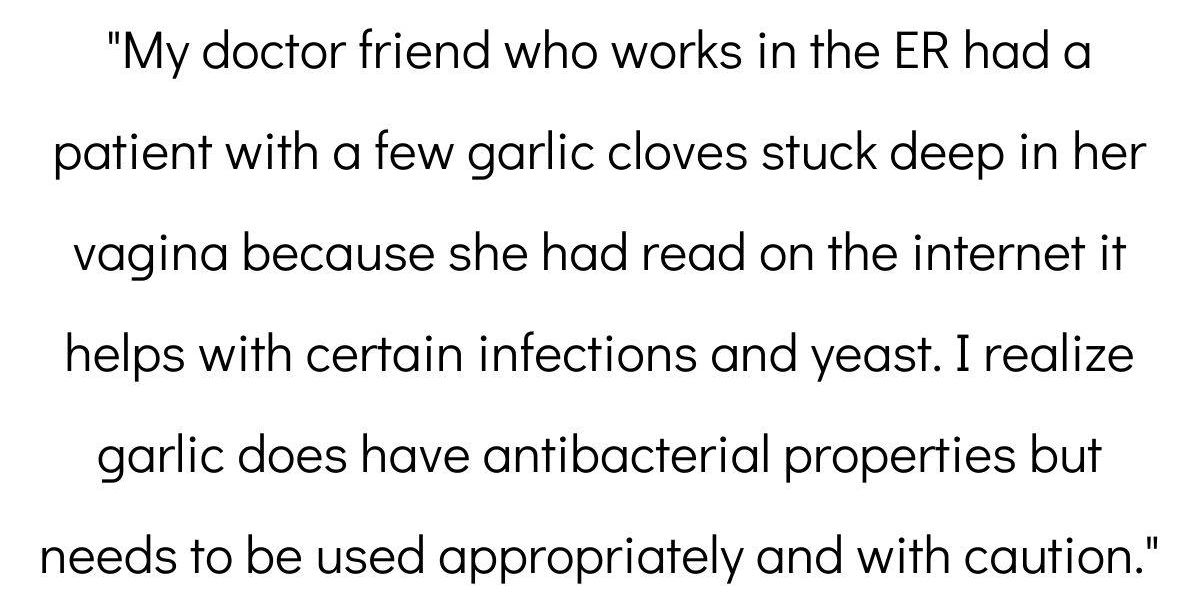

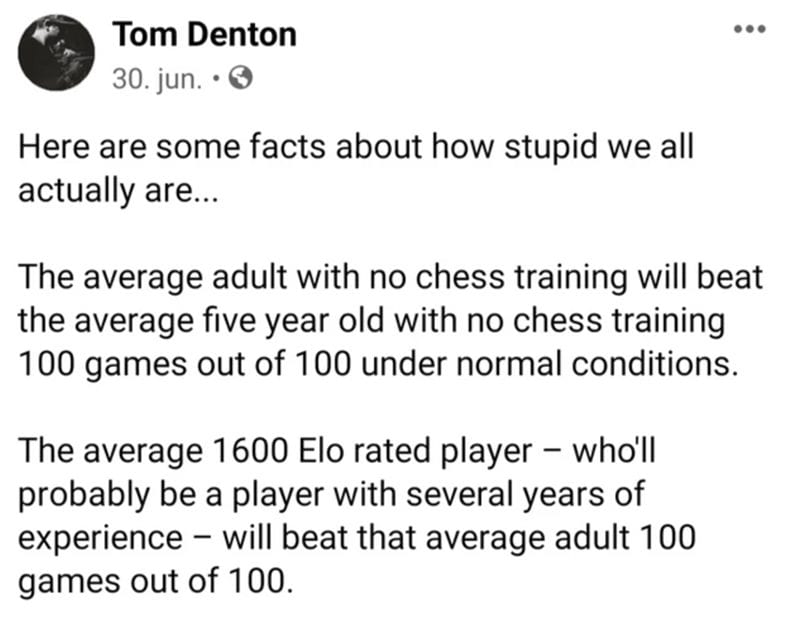
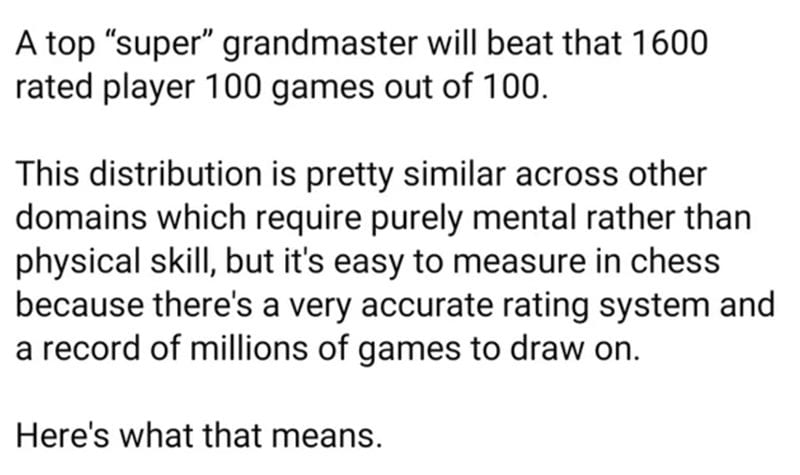
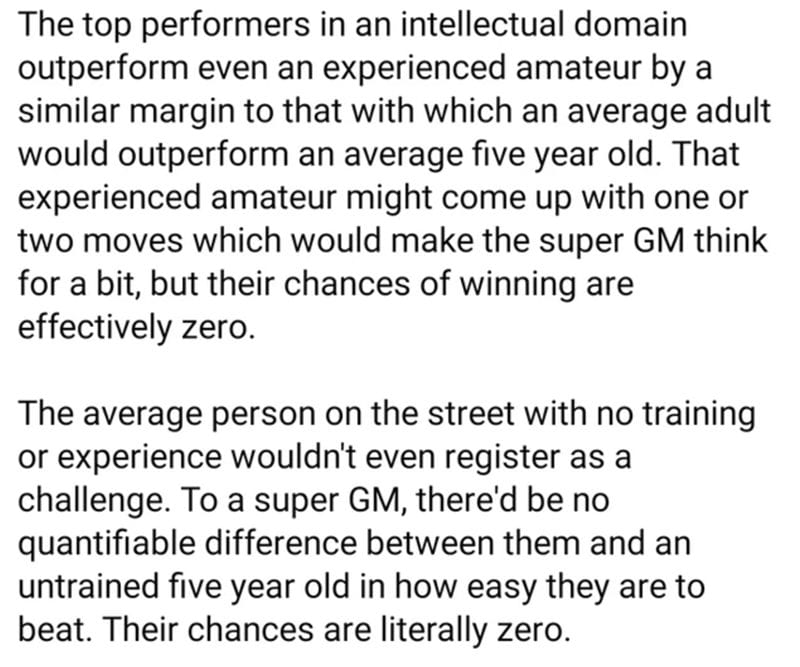
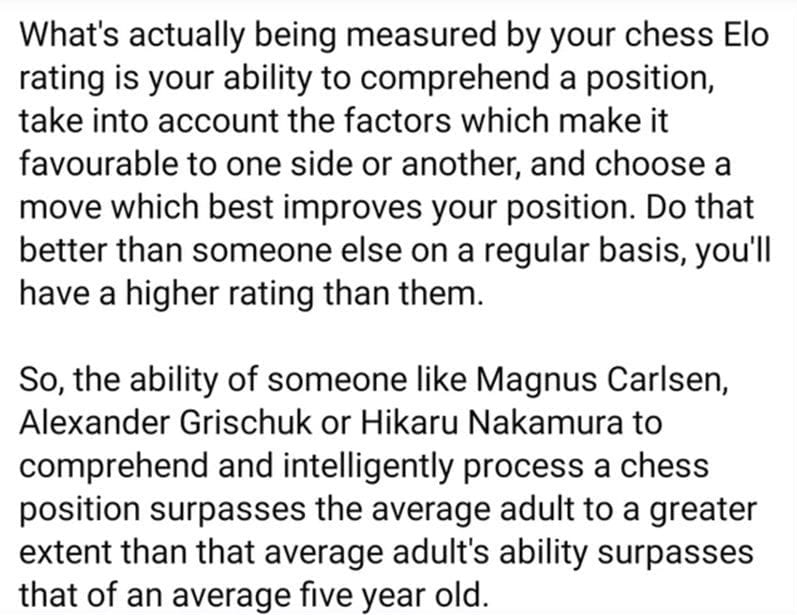
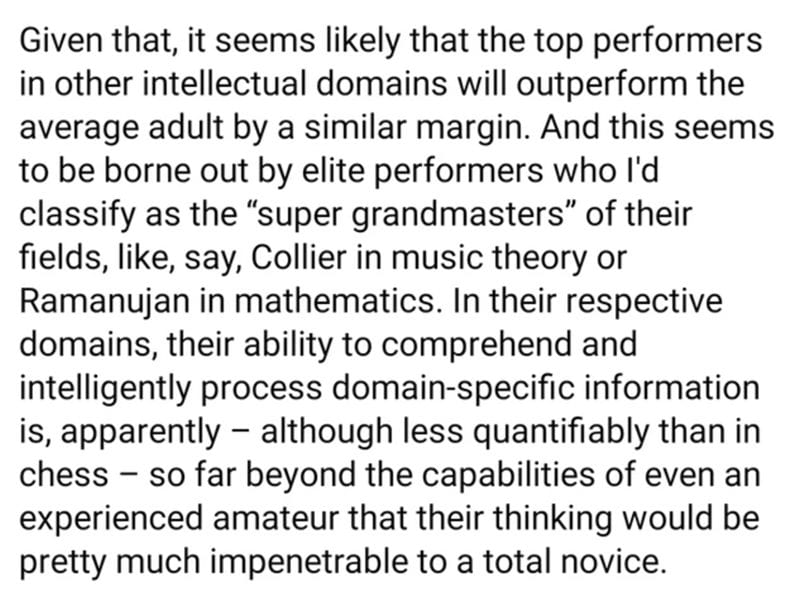
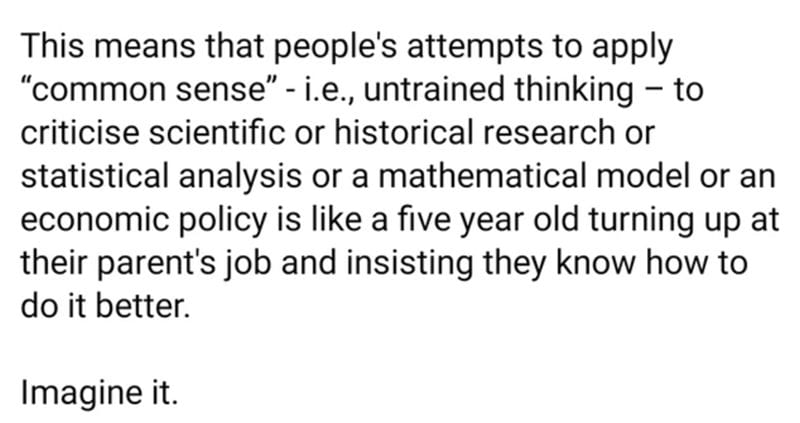
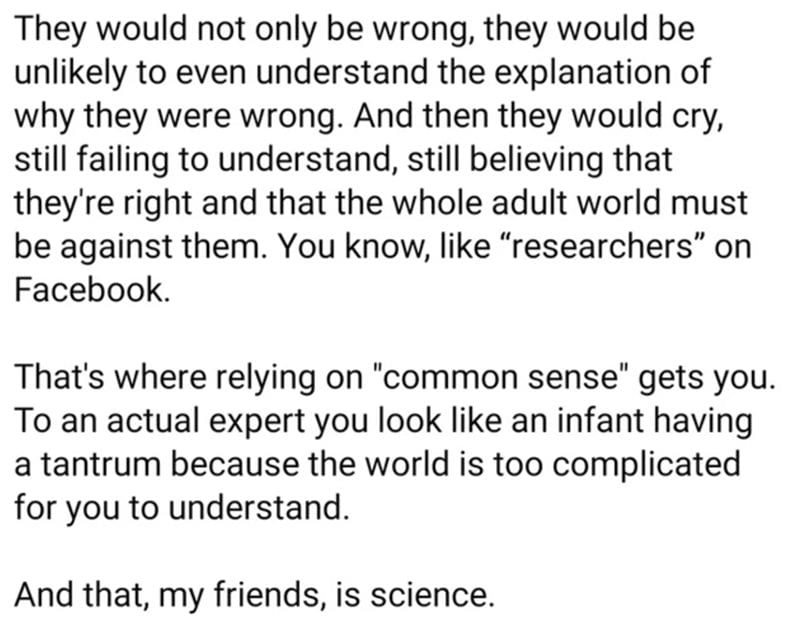




 Jan Zwilling, Ami Vitale, Cesare Galli @kenyawildlifeservice @tourism_wildlifeke @leibnizizw @biorescue_project @bmbf.bund @leibnizgemeinschaft @safariparkdvurkralove #OlPejeta #NorthernWhiteRhino #OvumPickUp #NorthernWhiteRhinoRecovery #NajinandFatu
Jan Zwilling, Ami Vitale, Cesare Galli @kenyawildlifeservice @tourism_wildlifeke @leibnizizw @biorescue_project @bmbf.bund @leibnizgemeinschaft @safariparkdvurkralove #OlPejeta #NorthernWhiteRhino #OvumPickUp #NorthernWhiteRhinoRecovery #NajinandFatu